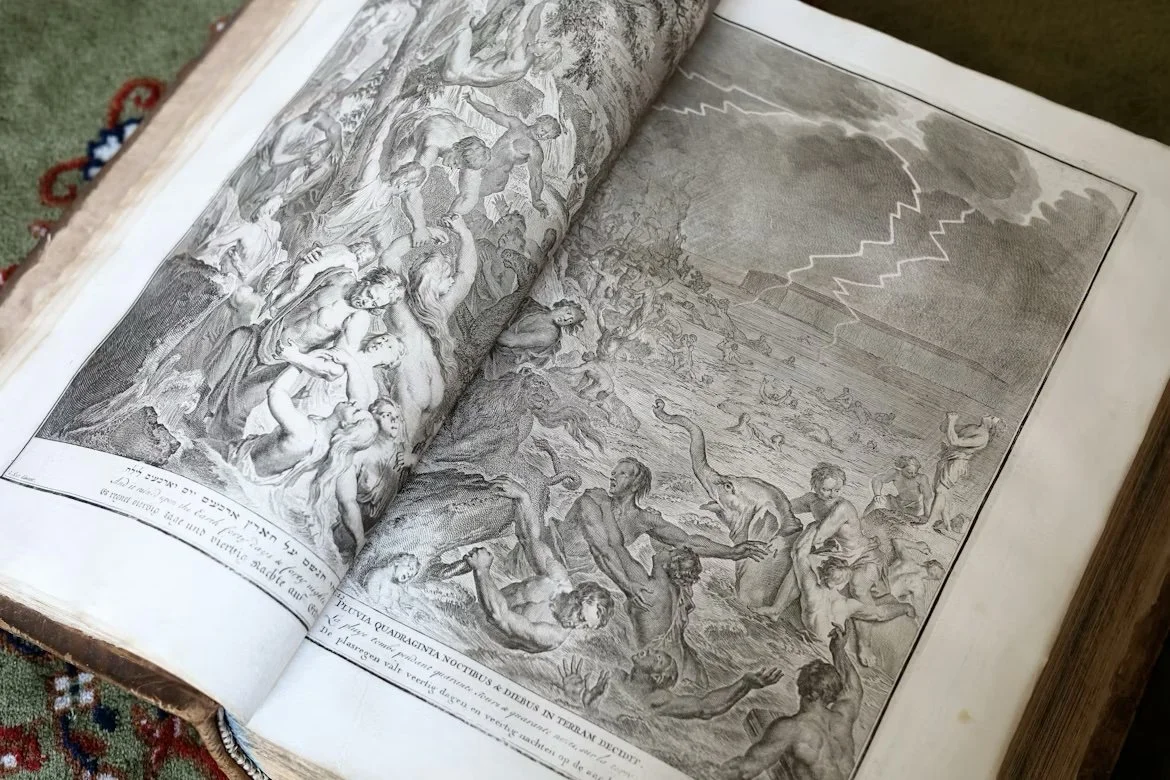Readings for today: Exodus 28-29, Psalm 26
I remember my ordination service. It was nothing like what we read about today thankfully! ;-) No sacrifices. No special anointing oils. No incense. No elaborate dress. I was 29 at the time. I stood before my colleagues in the Presbytery of South Alabama and took vows to serve the Lord and God’s people with all my heart and all my strength. When I read these verses about the ordination of Aaron and his sons, it feels strange. The cultural distance between our time and ancient Israel is vast. I struggle to connect or even picture all the rituals and sacrifices. However, there is one thing I do understand. Every time Aaron entered into the presence of the Lord, he carried the names of Israel with him. His job was to keep their names ever present before God. He interceded for them. He understood their needs, wants, and desires and brought those to God. His job was to represent the people to God and God to the people. “Fasten both stones on the shoulder pieces of the ephod as memorial stones for the Israelites. Aaron will carry their names on his two shoulders before the Lord as a reminder…Whenever he enters the sanctuary, Aaron is to carry the names of Israel’s sons over his heart on the breastpiece for decisions, as a continual reminder before the Lord.” (Exodus 28:12, 29 CSB)
I feel very much the same way. I don’t have gold breastpieces or gemstones or anything else to carry with me when I enter God’s presence but I do take the time and make the time to intercede for God’s people. I meet with lots of folks on a regular basis so I can understand their needs, wants, and desires and bring those before the Lord. I represent the people I am called to serve to God and God to the people. However, this calling is not just for pastors. It’s for every believer. We are a royal priesthood according to 1 Peter. Each of us is called to act in a priestly fashion and intercede for our families, friends, churches, communities, nation, world. We are called to bring the names of those we love and even those we hate before the Lord to ask for His grace and mercy on their behalf. We are to bring their needs, wants, and desires and submit them to God. We are to represent them to God and represent God to the people.
It’s a sacred responsibility and a precious one. To think that God knows each of us by name. He wants to hear about our lives. He wants to know all we think, say, or do. Not to curse us but to bless us. Not so much to judge us - though there is some of that - but to love us. Not to tear us down but to raise us up. Not to ruin us but to restore us. This is God’s will for us and why He calls each of us to a ministry of intercession.
Readings for tomorrow: Exodus 30-31, Psalm 27




